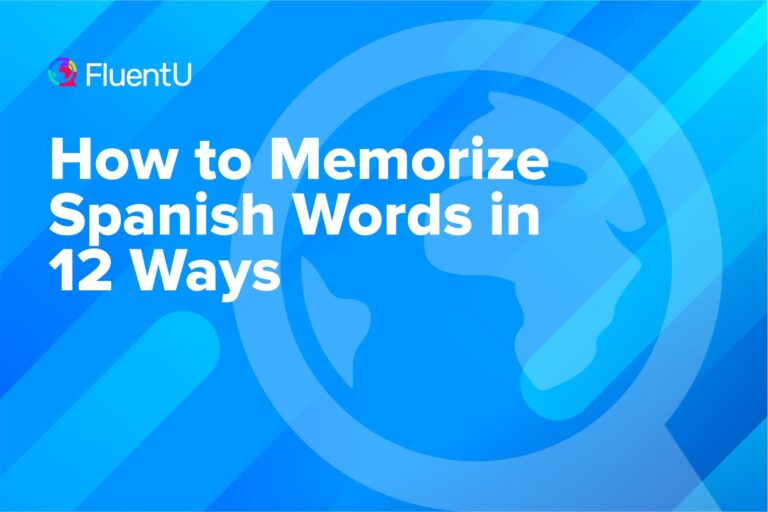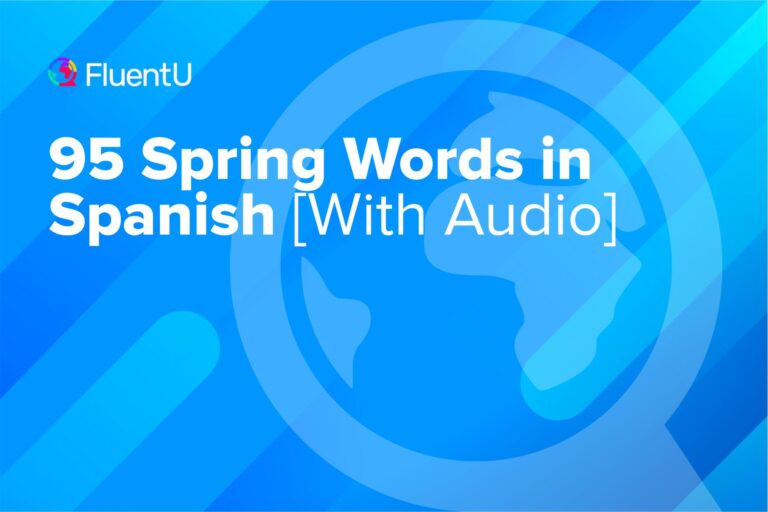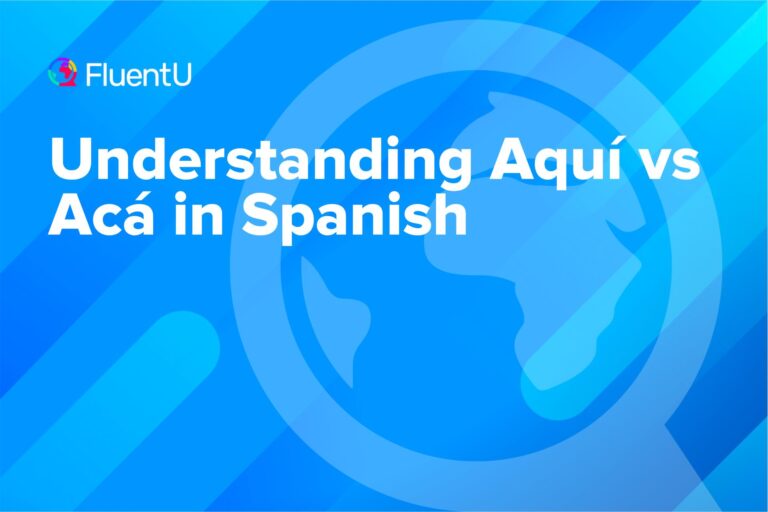Contents
- 1. Mi Alma — My Soul
- 2. Bombón — Sweetie
- 3. Mi Vida — My Life
- 4. Corazón — My Heart
- 5. Mijo / Mija — My Son/Daughter
- 6. Mi Cielo — My Sky
- 7. Nene / Nena — Baby Boy/Girl
- 8. Chiquito / Chiquita — Little One
- 9. Reinita — Little Queen
- 10. Corazoncito — Sweetheart
- 11. Papá / Mamá — Papa/Mama
- 12. Viejo / Vieja — Old Man/Woman
- 13. Gordo / Gorda — Fatty
- 14. Flaco / Flaca — Skinny
- 15. Loco / Loca — Crazy
- 16. Chulo / Chula — Cool Guy/Girl
- 17. Lindo / Linda — Cutie
- 18. Querido / Querida — Dear
- 19. Cariño — Honey/Sweetie
- 20. Amor — Love
- 21. Mi Amor — My Love
- 22. Tesoro — Treasure
- 23. Príncipe / Princesa — Prince/Princess
- 24. Mi Sol — My Sunshine
- 25. Angelito — Little Angel
- 26. Gatito / Gatita — Kitten
- 27. Osito / Osita — Little Bear
- 28. Cosita — Little Thing
- 29. Mi Todo — My Everything
- 30. Ratoncito / Ratoncita — Little Mouse
- 31. Solecito — Little Sunshine
- 32. Muñeco / Muñeca — Doll/Toy
- 33. Chiquitín / Chiquitina — Tiny One
- 34. Corazón de Melón — Melon Heart
- 35. Tórtolo / Tórtola — Lovebird
- Using Spanish Diminutives for Nicknames
- And One More Thing…
35 Common Terms of Endearment in Spanish

The Spanish language is filled with love and charm, and there are many terms of endearment for you to learn. While many of them are fun and easy to pick up, they can also get a little confusing at times.
This article will give you 20 terms of endearment in Spanish to warm the hearts of your Spanish-speaking friends and lovers.
Download: This blog post is available as a convenient and portable PDF that you can take anywhere. Click here to get a copy. (Download)
Spanish culture is not afraid to show affection, and one of the best ways you can do that is through your words!
We have our own terms of affection in English: baby, sweetheart, dear, etc. so it only makes sense that Spanish would have some too.
Here are some of the most common ways you may hear someone express their adoration in Spanish.
1. Mi Alma — My Soul
This one means “my soul,” so you’d be right to assume that this isn’t used as lightly as the other nicknames that lovers may use. You’ll want to use this with a significant other who you’re very serious about.
Sí, quiero casarme con ella, es mi alma. (Yes, I want to marry her, she is my soul.)
2. Bombón — Sweetie
Bombón means “candy,” so this one isn’t that different from “sweetie,” right? If you want to make things extra-sweet, just add -ito to the end and … voilà!
¿Quieres venir conmigo, bomboncito? (Would you like to come with me, sweetie?)
3. Mi Vida — My Life
Mi vida means “my life.” You might also hear vida mía, which means the same thing.
Mi vida, siempre estaré contigo. (My life, I will always be with you.)
4. Corazón — My Heart
Corazón means “heart,” and it’s a nice way to express your love but still be a bit casual. You can also use corazón on its own.
This one can be used between lovers, but you’ll probably hear it a lot when referring to children as well. You can also use mi corazón instead, and it’ll have little-to-no change in meaning.
Ten cuidado, corazón. (Be careful, dear.)
5. Mijo / Mija — My Son/Daughter
This word is short for mi hijo, which translates to “my son.” The feminine version is short for mi hija, which means “my daughter.” They can both be made diminutive, mijito and mijita, to make it even more charming.
This term of endearment is used by parents, extended family, friends and strangers alike.
While it may sound a little strange that a stranger could call a child their son or daughter, the community-centered culture found in Spanish-speaking areas makes this pretty normal.
Mijo, llévale esto a tu madre. (My son, take this to your mother.)
6. Mi Cielo — My Sky
This poetic term of endearment means “my little sky” or “my little heaven,” and is often used with children but sometimes with lovers as well.
Note that this word does not change genders since el cielo (the sky) is always masculine.
Isabel es bonita, mi cielo. (Isabel is beautiful, my little heaven.)
7. Nene / Nena — Baby Boy/Girl
Nene translates to “baby boy,” and nena translates to “baby girl.” It can be used in a way similar to how “kiddo” is used in English.
Also, it can be used like “babe” or “baby” to refer to a boyfriend or girlfriend.
Tu nene va a ser fuerte. (Your baby boy is going to be strong.)
8. Chiquito / Chiquita — Little One
This word may sound strangely familiar… probably because Chiquita is one of the most popular brands of bananas in the United States!
Chiquita is used to call a girl “little one,” and chiquito is used for a boy. You can even add more it’s to the word for some extra sweetness (does chiquitita ring any bells?).
Tienes mucho que aprender, chiquita. (You have a lot to learn, little one.)
9. Reinita — Little Queen
Meaning “little queen,” this one is usually reserved for young girls. Princesa, which means “princess,” is equally common for little ladies.
Of course, some couples sometimes use these as well.
Mi reinita puede tener lo que quiera. (My little queen can have whatever she wants.)
10. Corazoncito — Sweetheart
“Sweetheart” is probably one of the most common terms of endearment for children in English, and corazoncito is the Spanish equivalent. And again, you can certainly use this one when talking to your significant other.
Ella es su corazoncito. (She is his sweetheart.)
11. Papá / Mamá — Papa/Mama
Of course, you probably already know what these two words mean, but what’s interesting is how they’re used in many regions of Latin America.
Much like strangers might call a child mijo, it’s quite common to call someone who isn’t your father or mother papá or mamá.
Other variations on this include papi/mami, papito/mamita and papacito/mamacita.
Necesito tu ayuda, papá. (I need your help papa.)
12. Viejo / Vieja — Old Man/Woman
Meaning “old man” or “old woman,” this one may seem a little offensive, but you’ll notice with the next few terms that Spanish will use words that would be seen as offensive to English speakers as terms of endearment.
Spanish speakers often don’t take things too literally, so a seemingly crass word to us can more easily be accepted in a playful and lighthearted manner to them. That’s how viejo and vieja can be teasingly used as fun terms of endearment among friends.
Just be careful with who you say this one to… you can use it to refer to your parents when speaking with friends, but depending on the situation, it may not be so wise it to say to your parent’s face.
Mi viejo dice que no puedo salir contigo esta noche. (My old man says I can’t go out with you tonight.)
13. Gordo / Gorda — Fatty
Gordo is the word for “fat” in Spanish, so this one translates to something like “fatty.”
I know, you’re probably thinking about how dangerous it seems, but contrary to intuition, it’s actually used affectionately between friends and lovers in Spanish.
Gordito and gordita are also used, with the diminutive suffixes adding even more warmth.
Hola gordo, ¿quieres ir al parque? (Hey dear, want to go to the park?)
14. Flaco / Flaca — Skinny
In English, it would seem a little awkward to refer to someone as “skinny,” but this is often done in Spanish.
You just need to remember to make it either masculine or feminine accordingly.
The suffix -ito can also be added to this term. However, because it ends in a -c and you need to maintain the hard K sound, it becomes either flaquito or flaquita with a q.
Quiero mucho a mi flaco. (I love my man so much.)
15. Loco / Loca — Crazy
Loco/a means “crazy,” and is usually used to playfully refer to someone in good humor—depending on the situation, of course!
Tranquilo, loco, ya voy. (Calm down crazy, I’m coming.)
16. Chulo / Chula — Cool Guy/Girl
Meaning “cute,” “cool” or generally “nice,” this term is used with people of all ages—but only in Spain and certain parts of Latin America. In other parts of Latin America, this can sound old-fashioned or negative.
In the regions where it is used, chulo/a can be used to express interest in someone and when speaking casually with friends, children and others.
Quiere hablar con ese chulo. (She wants to talk to that cool guy.)
17. Lindo / Linda — Cutie
As an adjective, this word translates to “pretty,” “handsome,” “good” or “nice.” As a noun, it can mean words like “cutie” and “babe.” And as both an adjective and a noun, it’s not reserved only for women as it is in the English language!
This word can also be used in exclamation. “¡Qué lindo(a)!” is said to compliment anything and anyone, much like “How pretty!” is used in English.
Hola, lindo, ¿cómo dormiste? (Hey handsome, how did you sleep?)
18. Querido / Querida — Dear
This term is a little more formal than some on this list, and it’s often used in writing.
Hola, querida, ¿cómo estás hoy? (Hi dear, how are you today?)
19. Cariño — Honey/Sweetie
This is another classic Spanish term of endearment. You can call a friend or a romantic partner this. You can also use it with children.
Te extraño, cariño. ¿Cuándo nos vemos? (I miss you honey. When we will meet?)
20. Amor — Love
The classic Spanish term of affection. Without amor, we’d have nothing.
¡Amor, ya llegué! (Baby, I’m home!)
21. Mi Amor — My Love
This is a classic phrase that you can use with lovers, spouses, and children.
Buenas noches, mi amor. Sueña conmigo. (Goodnight, my love. Dream with me.)
22. Tesoro — Treasure
Everyone searches for treasures, but you’ve found yours! This one is commonly used between partners, but you can also use it with children (e.g. a mother talking to her dear son).
¿Cómo estás, tesoro? (How are you, dear?)
23. Príncipe / Princesa — Prince/Princess
If you value a woman so much, you may come to think of her as a princess.
Buenos días, princesa. ¿Qué tienes planeado para hoy? (Good morning, princess. What do you have planned for today?)
24. Mi Sol — My Sunshine
Sunshine warms our hearts and lights our days. So if someone calls you mi sol, you give them these same feelings.
Mi sol, te amo cada día más. (My sunshine, I love you more each day.)
25. Angelito — Little Angel
You’ll hear this being said about young children, although you could also use it with your special one if they really are an angel to you!
¿Cómo está el angelito? (How’s the little angel?)
26. Gatito / Gatita — Kitten
If you’re someone’s kitten, they love and adore you.
Gatita, ¿quieres ir al cine? (Kitty, do you want to go to the movies?)
27. Osito / Osita — Little Bear
Everyone loves a cuddly bear, right?
Te quiero mucho, mi osito. (I love you so much, my baby bear.)
28. Cosita — Little Thing
“A cute little thing” is a great and adorable thing to say to young children—or a really cute partner!
Ven aquí, cosita linda. (Come here, pretty little thing.)
29. Mi Todo — My Everything
Maybe a slight exaggeration, if you’re someone’s todo, you’re considered a very important and loved person.
Eres mi todo, mi amor. (You are my everything, my love.)
30. Ratoncito / Ratoncita — Little Mouse
If someone tells you that you’re a cute and cuddly little mouse, you’re loved.
¿Cómo te fue en el trabajo, ratoncito? (How was work, baby?)
31. Solecito — Little Sunshine
If you’re someone’s little sun, you’re very important to them.
Buenos días, solecito. (Good morning, my little sunshine.)
32. Muñeco / Muñeca — Doll/Toy
This may sound a little creepy, until you hear it whispered to you in Castilian Spanish.
Hola, muñeca; ¿cómo estás? (Hey, baby doll, how are you?)
33. Chiquitín / Chiquitina — Tiny One
This funny word expresses endearment towards someone or something small and cute. Even if you’re not small, you can still use this one.
Ven aquí, chiquitina; te voy a cargar. (Come here, tiny one, I’m going to carry you.)
34. Corazón de Melón — Melon Heart
This funny Spanish term of endearment conveys sweetness and freshness, like a ripe melon.
Te adoro, corazón de melón. (I adore you, sweetheart.)
35. Tórtolo / Tórtola — Lovebird
A tórtolo is a turtledove, but in the flirting department this means “lovebird”! Add “ito” or “ita” at the end and you’ll have a super corny, lovey-dovey term of endearment for your special one!
Que descanses, mi tortolita. (Sleep well, my little lovebird.)
Use these terms of endearment and your Spanish loved ones are sure to feel the love! If you want to learn more about the Spanish romance culture, try observing how natives use these terms for endearment.
If you’re not located in a Spanish-speaking country, you can also find virtual ways to learn Spanish language and culture. Using authentic content like romance movies or shows can help: look for these on places like Netflix, Amazon or your streaming service of choice.
You can also use a program like FluentU to search for terms of endearment in Spanish and see them used in different videos.
FluentU takes authentic videos—like music videos, movie trailers, news and inspiring talks—and turns them into personalized language learning lessons.
You can try FluentU for free for 2 weeks. Check out the website or download the iOS app or Android app.
P.S. Click here to take advantage of our current sale! (Expires at the end of this month)

If you do have the opportunity to visit a Spanish-speaking country, there’s no better way to dive into the culture of romance than to experience it for yourself.
Here’s a helpful video, so you can hear a bit more context about some of these Spanish terms of endearment:
Using Spanish Diminutives for Nicknames

While all of these terms are a great start for expressing affection, you can create almost any nickname you like with Spanish diminutives.
As mentioned with bomboncita, you can add -ita or -ito to almost any noun to make it sound more cutesy. Using a diminutive gives something the feeling of being small or adorable, or just shows affection in general.
As with most things in Spanish, the ending you use is based on the noun’s gender. Use -ita with feminine nouns and -ito with masculine nouns.
Some examples include:
- Casita (little house)
- Perrito (little dog)
- Abuelita (little grandma)
- Bolsita (little bag)
After reading this post, you’ll have plenty of new ways to call your newfound love.
So get out there and start being affectionate!
And if you want to lighten the mood and make your crush or romantic partner laugh, check out these Spanish pick-up lines next.
Download: This blog post is available as a convenient and portable PDF that you can take anywhere. Click here to get a copy. (Download)
And One More Thing…
If you've made it this far that means you probably enjoy learning Spanish with engaging material and will then love FluentU.
Other sites use scripted content. FluentU uses a natural approach that helps you ease into the Spanish language and culture over time. You’ll learn Spanish as it’s actually spoken by real people.
FluentU has a wide variety of videos, as you can see here:

FluentU brings native videos within reach with interactive transcripts. You can tap on any word to look it up instantly. Every definition has examples that have been written to help you understand how the word is used. If you see an interesting word you don’t know, you can add it to a vocab list.

Review a complete interactive transcript under the Dialogue tab, and find words and phrases listed under Vocab.

Learn all the vocabulary in any video with FluentU’s robust learning engine. Swipe left or right to see more examples of the word you’re on.

The best part is that FluentU keeps track of the vocabulary that you’re learning, and gives you extra practice with difficult words. It'll even remind you when it’s time to review what you’ve learned. Every learner has a truly personalized experience, even if they’re learning with the same video.
Start using the FluentU website on your computer or tablet or, better yet, download the FluentU app from the iTunes or Google Play store. Click here to take advantage of our current sale! (Expires at the end of this month.)







